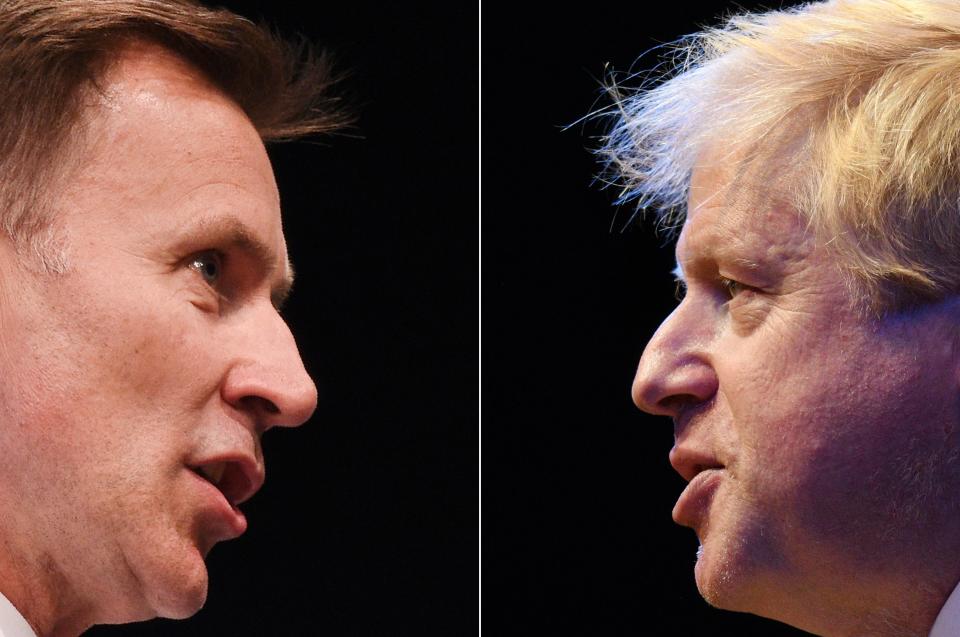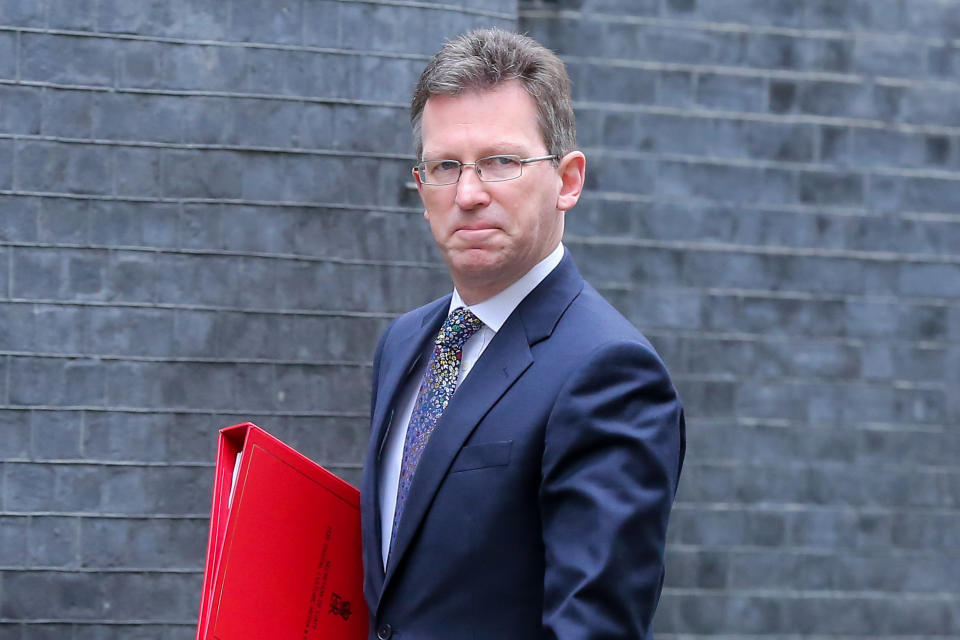Business chief warns Johnson no-deal Brexit 'opening trapdoor to quicksand'

A leading UK business chief has warned Boris Johnson and Jeremy Hunt a no-deal Brexit would be like opening a trapdoor “only to discover that underneath there’s quicksand.”
Adam Marshall, director general of the British Chambers of Commerce (BCC), urged the Tory leadership favourite Johnson or underdog Hunt to go “all out” for a “negotiated” solution to the Brexit crisis if they become prime minister.
The head of the trade body, which represents tens of thousands of firms across the UK, said there was a “huge amount of frustration” at the damage caused by Brexit and uncertainty around it since the 2016 referendum.
Asked about a no-deal Brexit, he told BBC Radio 5 Live’s Wake Up to Money show: "It's kind of like opening a trap door, only to discover that underneath there's quicksand because there would still be so many unresolved issues - both in our trading relationship with Europe, but also in terms of our links with the rest of the world.”
READ MORE: Market report: new PM, Huawei decision delayed, Santander and supermarket troubles
"It's always better to look for a negotiated solution than have a messy one,” he continued.
"There is a huge amount of frustration in our business communities and there are voices - there are people - who believe we need to somehow draw a line under the indecision and the impasse of the last three years.
"I'm afraid though that many of those people are looking for some form of certainty and I don't believe that a messy and disorderly exit would actually deliver them that certainty."

It comes after the government’s own business minister Greg Clark admitted business confidence had slumped since the previous scheduled Brexit date of 29 March.
"In the last few months, I think since 29 March, there are more doubts being expressed in boardrooms as to whether this is ever going to be resolved, we need to prove them wrong,” he told the BBC.
"And whatever happens in this leadership election, I hope whoever is prime minister will recognise the imperative to give that confidence."
The chances of a no-deal Brexit, as well as support for it among firm Leave supporters including the two leadership rivals, have been creeping up, despite countless warnings over the potentially devastating consequences for the UK economy.
READ MORE: Sterling pounded ahead of new PM announcement
The UK government’s budget watchdog warned last week a no-deal Brexit would plunge the country into recession, with a “squeeze” on household budgets as the pound’s falling value and tariffs see prices soar.
The value of sterling could fall “sharply” and house prices could plunge 10%, with the cost of imported goods and government debt spiralling, foreign investment sliding and firms that sell to Europe battered by new trade barriers.
The Office for Budget Responsiblity (OBR) said the British economy could contract by 2% in real terms by the end of 2020, taking the UK into recession for the first time since the financial crisis a decade ago.
The OBR’s Sir Charlie Bean warned the UK could even see 30 years of barely rising real incomes, with the next two decades continuing a trend of “stagnant” wages struggling to rise above inflation since the crash.
